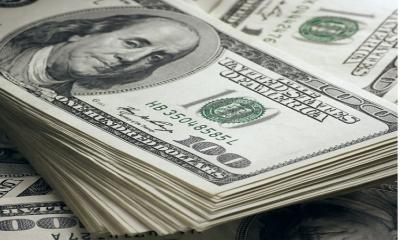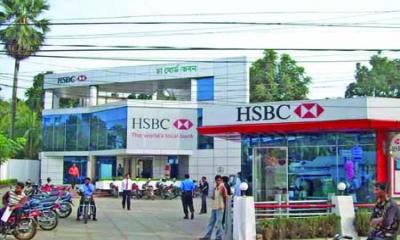# Budget implementation in the first eight months less than 40 pc
# Foreign exchange reserves fall below $19b
# BB failed to prevent corruption, money laundering in banking sector
The interest rate on bank loans was increased in July last year to control inflation and reduce the flow of money in the market. In March, the bank's interest rate rose to more than 13.5 percent. It was as high as 9 percent in July. Investment is hindered. The cost of production of industry is increasing. Obstacles have been created in employment. Currently, the inflation rate is around 10 percent.
In the first eight months of the current 2023-24 fiscal year, less than 40 percent of the budget has been implemented. During this period, a revenue deficit of about Tk 25,000 crore has been created. The value of taka has decreased by more than 30 percent against the dollar in two years. Foreign exchange reserves have decreased to $19 billion. As a result, the overall economy of the country is moving slowly. This information was found in the sources of Finance Division, Bangladesh Bank (BB).
Although the government has a surplus in the current account, there is a large deficit in the financial account. At the end of December last year, the deficit was $5.39 billion. However, in December 2022, there was a surplus of $140 million. In the first eight months of the current 2023-24 fiscal year, July-February, 31.17 percent of the Annual Development Program (ADP) has been implemented. Considering the eight months of the fiscal year, this is the lowest implementation rate of ADP in the last 10 years.
It was known that the pressure is increasing on the overall economy of the country. The Israeli-Palestinian and Middle East crises are prolonging the global economic downturn with the impact of the ongoing Russia-Ukraine war. There is instability in the oil market. Although food inflation has decreased slightly in different countries of the world, there is a kind of pressure in the global food chain. Meanwhile, overall inflation, including food, is increasing in Bangladesh.
Meanwhile, the foreign exchange reserve has come down to $19 billion due to instability, irregularities and corruption in the banking sector which is supposed to be above 20 billion according to the International Monetary Fund (IMF) criteria. Import expenditure could not be reduced even by adopting a strict policy in the import sector. Again, the value of the dollar against the taka is increasing every day. Even during the Corona epidemic, the value of the dollar was Tk 85 to 88 against every dollar. Now it has come down to Tk 117. Still, there is a severe dollar crisis in the banking sector.
Analysts said the government's borrowing from banks will increase in the new fiscal year. The government is reducing the size of the new budget to meet the conditions of IMF. However, dependence on bank loans will remain. In particular, there is no implementation of the NBR's plan to increase revenue. Every year, there is a plan to increase the taxpayer but it is no longer effective. As a result, the tax-GDP ratio is stuck at 10 percent. It should be at least 20 percent.
Former governor of Bangladesh Bank Salehuddin Ahmed said, according to the World Economic Outlook, the World Bank, IMF and even the government's own agencies, our tax-GDP ratio is actually half of what it should be. However, this ratio is 19.67 percent in neighboring India, 21.50 percent in Nepal, 14.88 percent in Pakistan and 12.74 percent in Sri Lanka.
ZH






